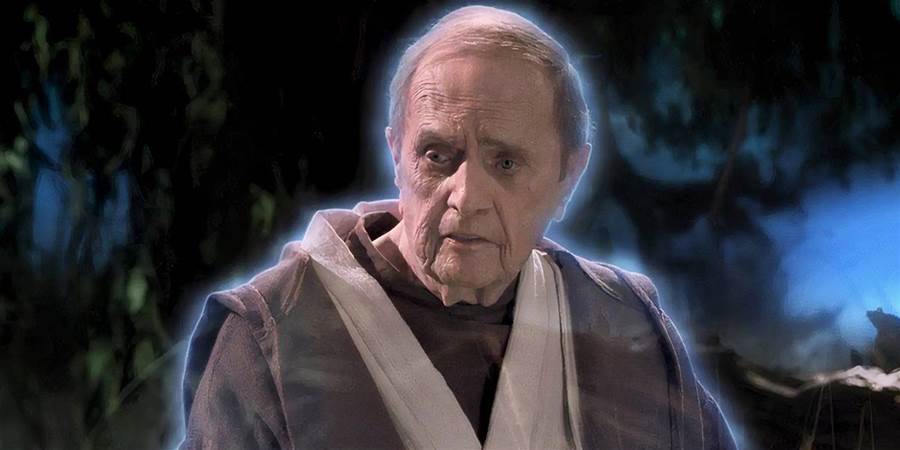
In a popular TV show, "The Big Bang Theory," the character Sheldon often demands his friends to make sacrifices for him. They go out of their way to fulfill his specific needs, such as not sitting in his seat, driving him around, ordering food from his preferred places, and even adhering to his bathroom schedule. While this lifestyle seems great for Sheldon, it often goes unnoticed how it affects his friends and their feelings.
One instance that highlights this dynamic is when Sheldon's girlfriend, Amy, finds herself without a place to live. Penny suggests that Amy move in with Sheldon, while Penny and Leonard move into Penny's apartment across the hall.
However, Amy manages to convince Sheldon by framing it as an experiment. Sheldon agrees but insists on living in Penny's apartment rather than his own. This decision is met with strong opposition from Jim Parsons, the actor who portrays Sheldon. Parsons didn't mind his character moving in with Amy, but he strongly disagreed with the idea of moving into Penny's apartment.
Parsons admits that this creative decision made him unhappy, as it seemed out of sync with Sheldon's character and the show's established dynamics.
Living at Penny's apartment became a fun experiment for Sheldon and ultimately had positive outcomes. However, Parsons still remains somewhat unsettled by the decision made for his character. He had to suppress his own feelings and accept the writers' vision for the show.
This example from "The Big Bang Theory" demonstrates how even in fictional situations, making sacrifices for loved ones can be challenging. It highlights the complexities and emotions involved in accommodating others' needs while also grappling with one's own feelings.



















